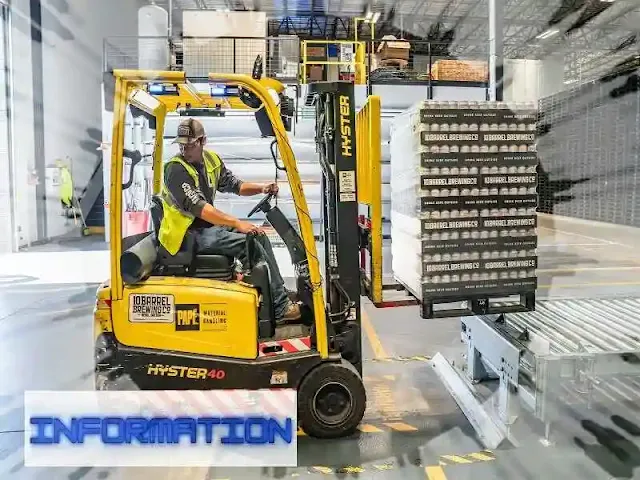production definition
Production is defined as the manufacture of one thing from another, and it depends on the use of a set of tools, means and machines in order to reach the achievement of its main goal.
Production is also known as the important step in a chain that contains a set of operations that contribute to obtaining a particular good or service that is presented to the beneficiary public.
Another definition of production is that every process has inputs, outputs, and resources that implement a set of steps that contribute to transforming raw materials into products that benefit individuals in society.
The concept of production
The famous philosopher and economist Adam Smith is considered the first to use the word production to refer to production processes in 1776 AD, and then the concept of production began to spread in most industrial sectors, and in 1900 AD, the scientist and thinker Taylor linked production and the function of planning as the direct means of doing private work in production, In 1915, production and inventory were linked as one of the means that contribute to preserving products after the production was applied correctly, and between 1931 - 1935, work was done to activate the role of control over production quality, which contributed to the promotion of the concept of production significantly, and thus production became An important role in many types of industrial and service facilities.
production operations
In order for production to be applied correctly, it must be linked to a set of important processes, namely:
- The production process: It is the first process of production, which depends on the use of all means that help to apply it in a correct manner, and it includes the labor force, the financial value allocated to production, and the means of production, whether related to workers, or industrial machines, which contribute to obtaining the final product.
- The commercial process: It is the reliance on the commercial establishment’s role in displaying the produced materials, whether they are goods supplied to traders, or sold in the establishment’s own branches, or services provided through the establishment and its branches, and the business process contributes to selling the production of the targeted individuals.
- The monetary process: It is the one that contributes to determining the financial value of the cost of production and the operational processes used, and then knowing the value of selling the products. This process helps the financial department of the facility in following up on the results of achieving profits or losses from the production process.
- The marketing process: is the use of all available means, which contribute to the marketing of the products obtained from production, and whenever the marketing process is able to attract customers and consumers to the facility, this contributes to the success of the production role in achieving the desired profit.
The importance of production
Production is of great importance, whether at the level of individuals in society or companies that rely on products and services, and this importance is represented in the following points:
- Development of many general areas of life; Which leads to an increase in the welfare of individuals by producing many products and services that help to provide a range of useful things, such as computers and mobile phones.
- Contributing to the emergence of global industrial development, which led to the growth of many types of industries, especially the new ones.
- Providing appropriate support for economic development by providing the GDP with a set of resources that help in its development.
- Helping to support many vocational and agricultural sectors that were previously dependent on labor skills only, and which, over time, have used devices and machines to enhance their workflow.
- Work to develop trade, which in the past depended on traditional means, and production helped make it more developed through the use of commercial sea and air transportation.
production model
- Study and understand the nature of products by knowing consumer demands, or by defining the options available to suppliers who control the nature of production.
- The comparison between the various variables of production, which contribute to the use of one of them in order to start the implementation of the production process.
- Building the production system by relying on the final choice of the production model, which requires a prior understanding of the need to focus on the quality of materials that were produced.
- Modification of the model: It is the ability to apply any change or set of changes that contribute to the reformulation of the production model, in order to conform to any recent developments in the production process, and these developments may include the emergence of new ideas for production, or the use of a set of modern tools and devices.

